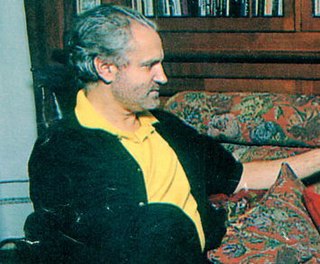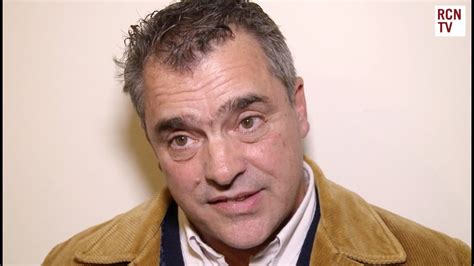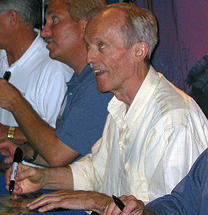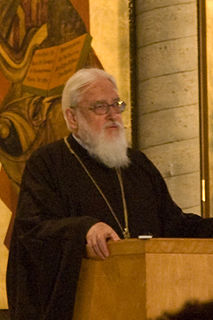A Quote by John Fusco
The journey of Marco Polo is the hero's journey, one that all cultures across the globe can relate to.
Related Quotes
The anti-hero or hero usually has a journey or quest so they are interesting as you find out what's going to happen, what they are looking for. What are they trying to do? Sometimes what they do is heroic or comes with a price or sacrifice or maybe the way they do things isn't so great and that's when they become anti-heroes. But the journey of an anti-hero combined with a good story done well is always worthwhile.
Real spiritual journey in life is the discovery of self. I think once you take all the religious bullshit away from Jesus Christ, it's saying it's about this journey of discovering who you are, and what's really important in life is simply love. That the journey of civilization, the journey of understanding, is forgiveness, is empathy. And that's what humanity is striving for.




































